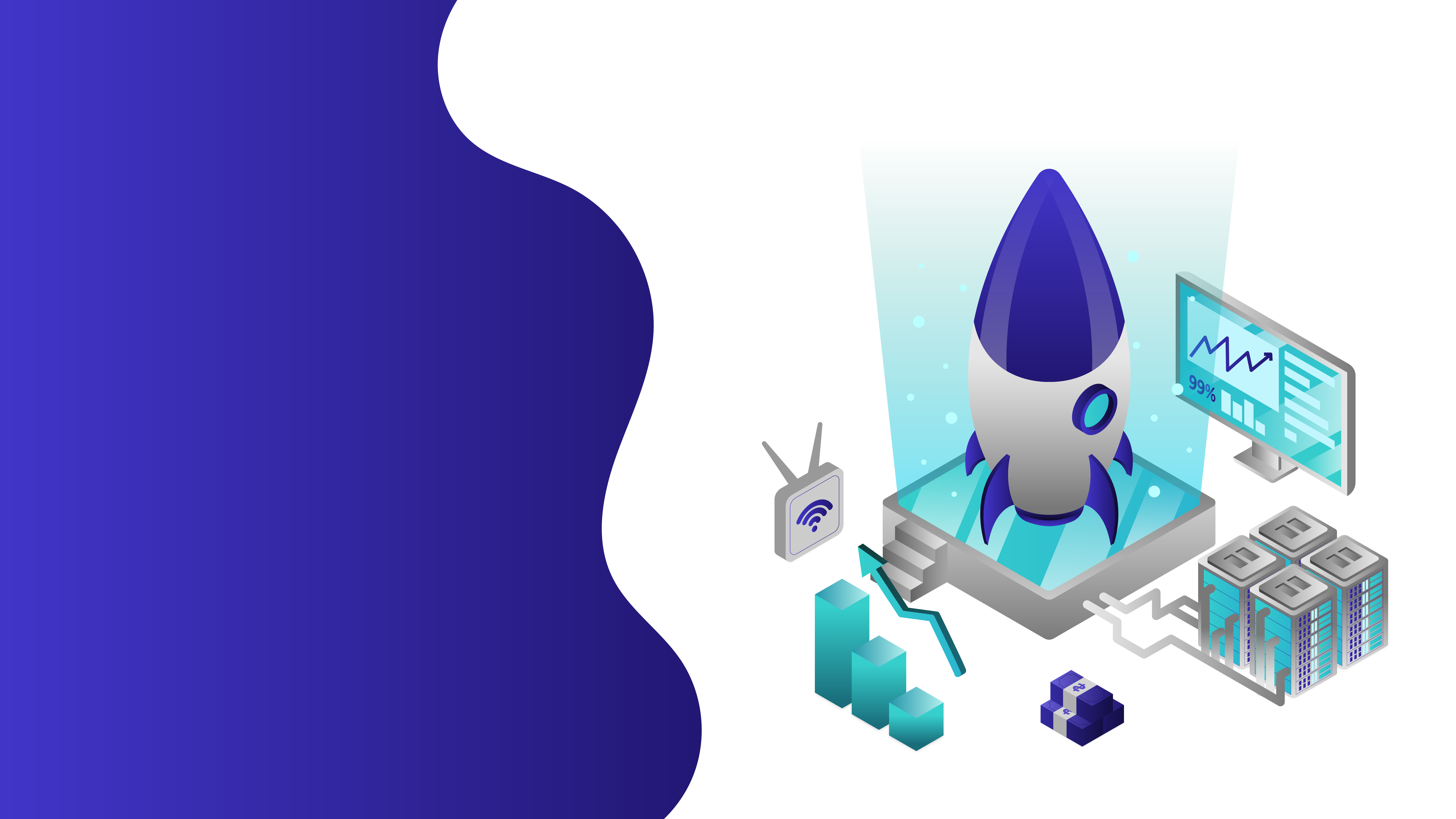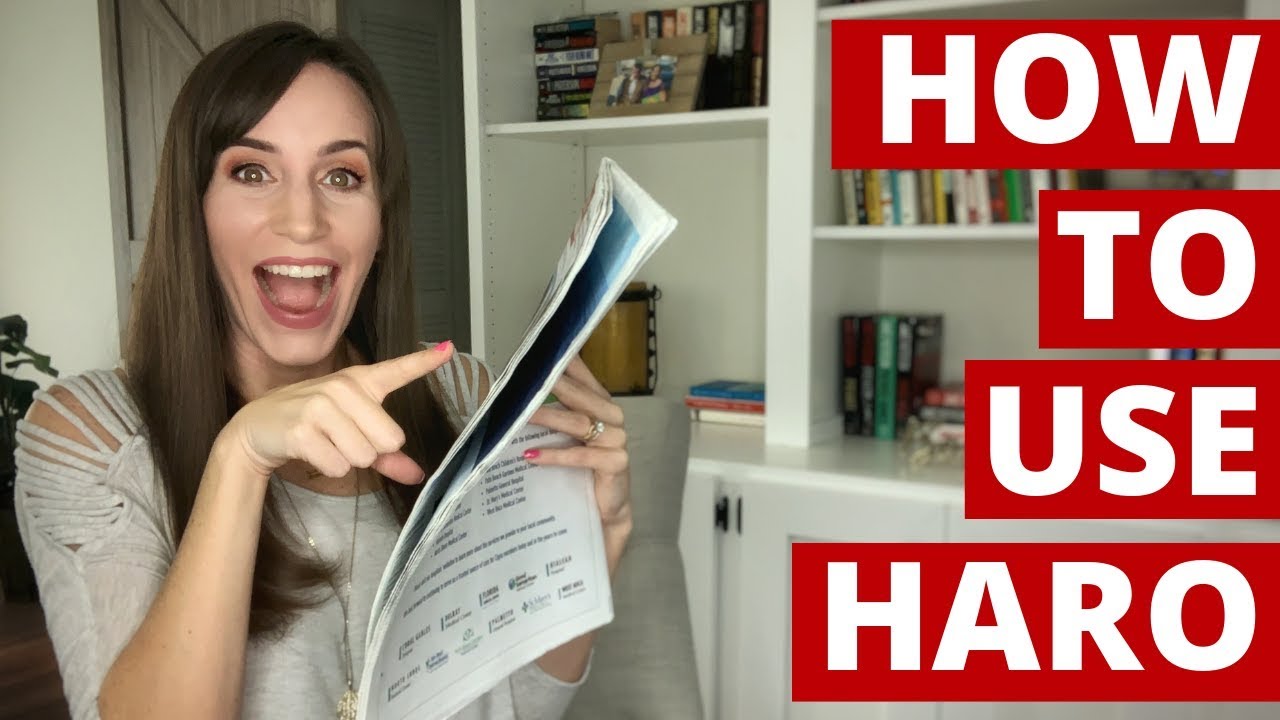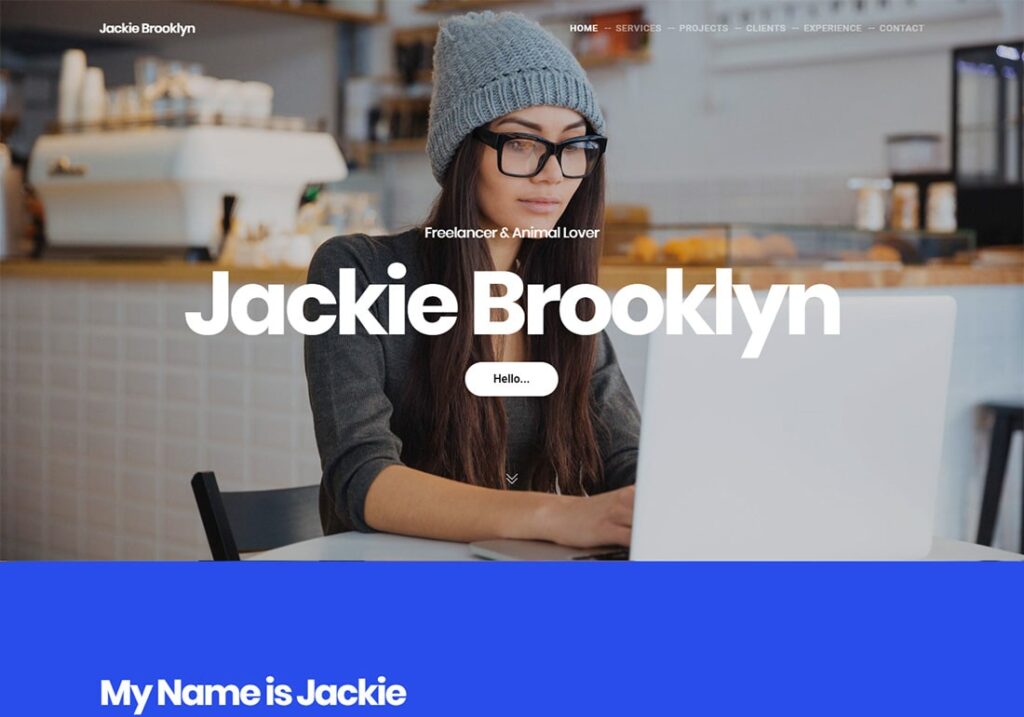
18 Feb How to Develop Personal Branding For Freelancers
How to Develop Personal Branding For Freelancers
The brand is an invisible power that helps stand out in the crowd, market, and sell the product or service more efficiently.
This statement can relate to the freelancing world as well. You’re a business when you are a solopreneur or provide services as an independent consultant.
If you wish to succeed in what you do, have more qualified leads and happy customers. As a result, it’s essential to define and promote your brand.
In this article, you’ll find practical tips and tricks which give you an understanding of the next steps for your freelancing career.
Let’s dive in!
What does personal branding mean for freelancers?
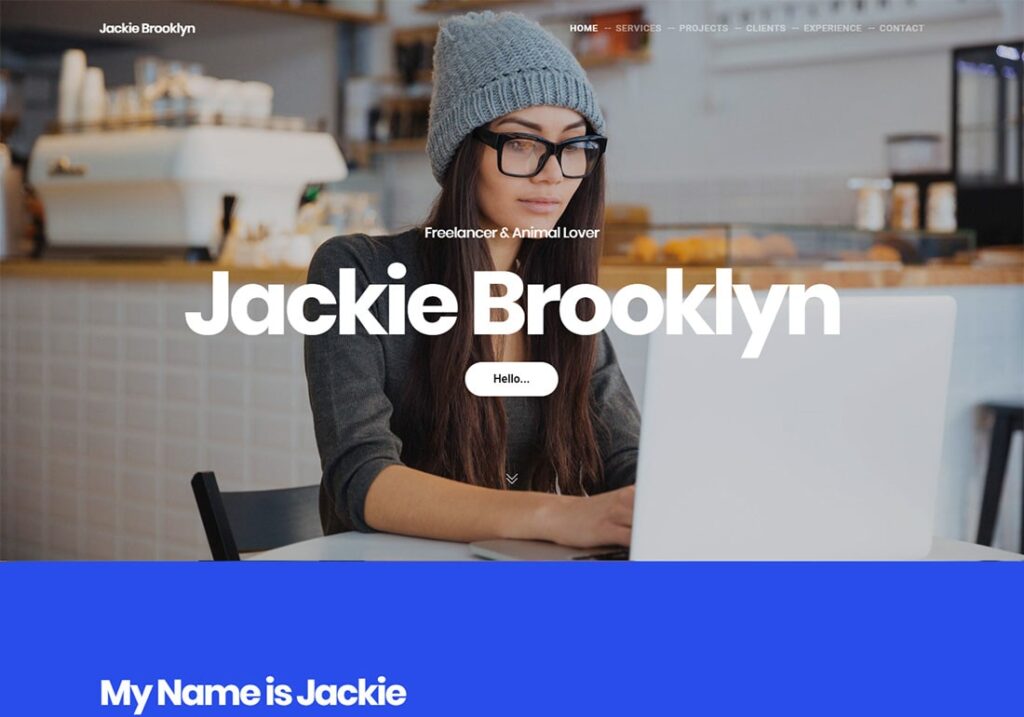
Ok, everyone understands the power of brands for big names like Nike, Netflix, or Red Bull. They have a massive impact on the audience, and even small messages on Twitter are a part of their branding strategy.
But how does personal branding stand for a regular freelancer, who, for instance, provides design services? Let me explain.
Imagine that you are overwhelmed with all the shades of bookkeeping in your country and wish to find a professional who can help you with the official part of your business.
So you start researching and find a few consultants. How to choose the right one for your business?
We start by exploring their profiles on social media or personal websites: what services they offer, do they have enough experience and expertise in the area we need, what they write about, how they manage their consultations, pricing model, etc. I’d search for the reviews and case studies that could help me make a perfect choice.
In a nutshell, we’re “reading” people and making our own conclusion.
If you’re a freelancer, you’re the face of your business. What you say and how you manage your services is your brand reputation. So the idea is to help people “read” you in the most straightforward way and choose your business if your vision resonates with their needs.
To finalise, personal branding for freelancers combines your expertise, skills, personality, and how you position yourself to the world. Tom Peters, CEO of Me Inc., said that we’re all CEOs of our personal brands, and we continuously market ourselves no matter where we work or live.
Benefits of building a personal brand for a freelance business
1 – Higher credibility and rate for your services
When you create a personal brand, you’ll be able to sell your unique insights, power brokers, and opportunities.
Your brand will help people respond to your unique selling proposition, and it will also give you more credibility. As a result, you’ll become more accessible and likeable online.
You’ll be able to command a higher rate for your services, thereby allowing you to charge premium rates for them.
Frequently we can notice that our colleagues or competitors, who are more famous and have higher brand awareness, charge more.
It doesn’t confirm that their services or products are better. They just invested in marketing and positioned themselves as leaders who provide the quality.
2 – Warm audience and community
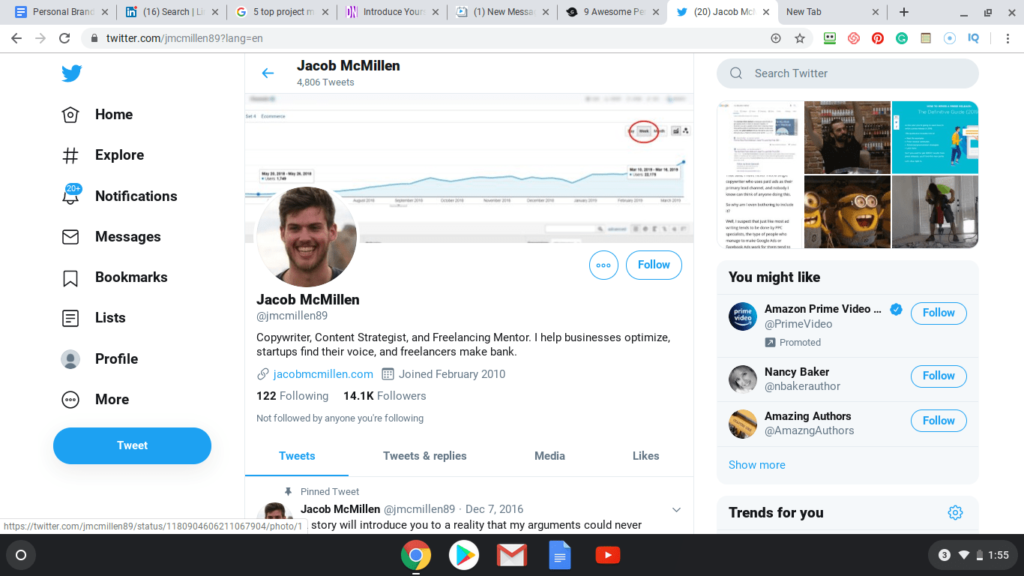
As a freelancer, you can leverage personal branding to attract like-minded customers and employers. People tend to trust people they know, and they may even recommend you to a friend.
You can even use your brand as a credibility booster to attract opportunities aligned with your life’s purpose.
When people feel good about your brand, they’ll want to do business with you. If you’re not able to do that, you can still use personal branding to get in touch with your clients.
3 – Free advertising
It is also good to use your personal brand to advertise yourself. If you showcase your achievements and show that your work is worth sharing, it will work as a free lead generation channel.
You can also post testimonials and case studies from satisfied clients to demonstrate your abilities. Developing a personal brand will help you get more work and attract more clients.
According to the research, millennials don’t trust traditional advertising. Nowadays, we should be more creative with marketing ourselves or our business and add personality to our brands.
4 – Loyal customers and a high retention rate
People use both rational and emotional ways of consideration before buying a particular product or ordering services. And the second part isn’t less important.
Suppose you aren’t a faceless service provider, but you establish a positive relationship, stable emotional connection with a client. In that case, he will be willing to get back to you or continue working with you regularly.
5 – Opportunity to influence and help a vast amount of people
Your personal brand serves as your guide in your career. It can be a safety net that keeps you on track and helps you avoid making mistakes that can affect your career.
Once you’ve defined your personal brand, it will be an invaluable guide for your future. You can also use it to help others and make your life easier.
Once you’ve established it, you can use it to influence others, which will help you get what you want.
Steps to develop personal branding
1 – Find your passion
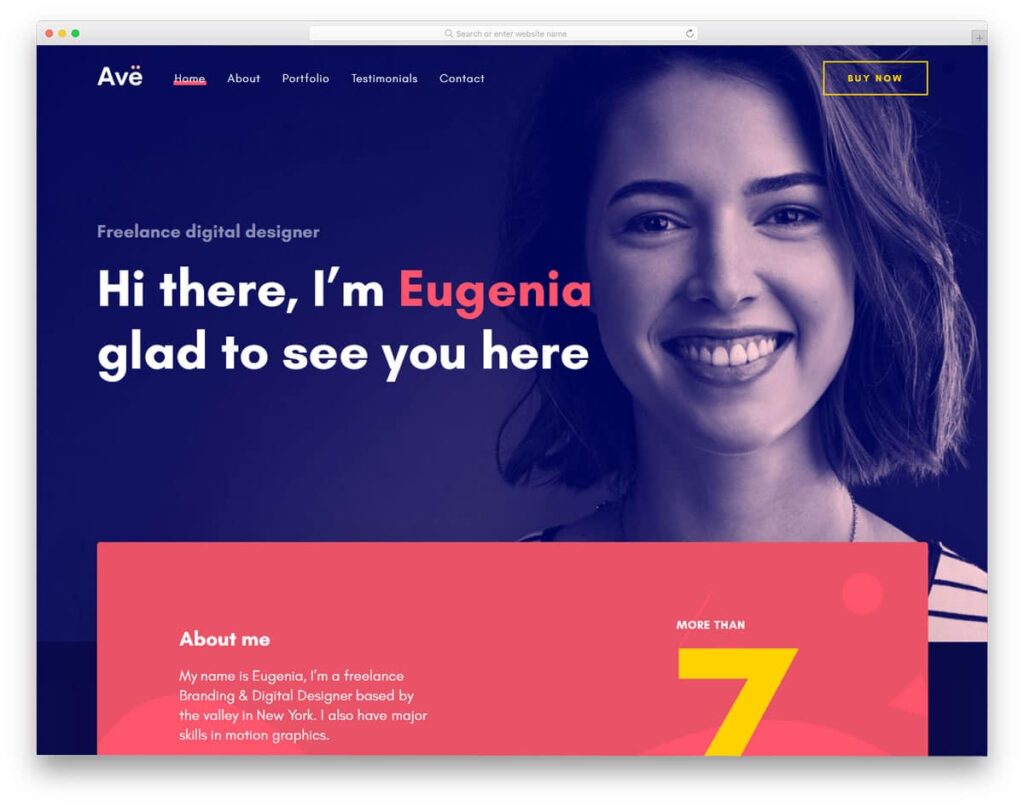
To start building your brand, the first step is to find a project that you are passionate about. This will help you identify a market niche that you want to work in.
Once you have a list of projects you’re passionate about, you can start putting them on your social media profiles or website. In addition to a portfolio, your website should feature your latest projects and portfolio images.
2 – Define your identity
Another step in building your personal brand for a freelancer is to label yourself. A label is your business identity and should convey a consistent message about serving others.
Freelancing is a highly competitive industry, but a personal brand can set you apart from your competition.
Whenever you’re a designer or copywriter, it’d be obvious that there are a lot of other freelancers who provide the same list of services.
But if you have a unique statement, share your expertise, your potential clients will differentiate you from the rest.
3 – Communicate your brand message
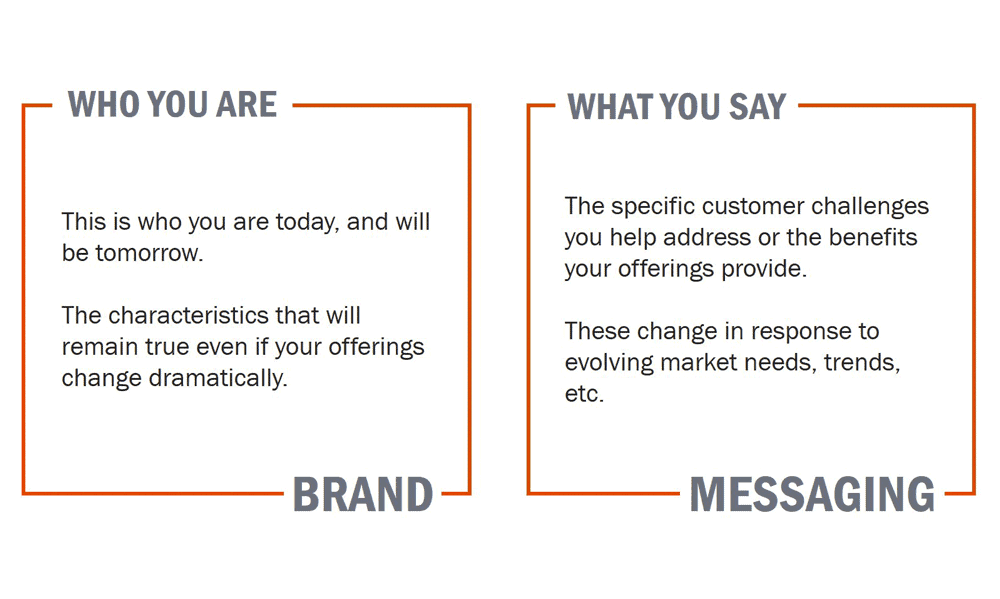
Once you’ve identified what your business is about and your primary values, it’s time to be visible. No one finds you if you’re keeping your ideas, knowledge, and achievements in your head.
There are a plethora of ways to communicate your personal brand. Below you will find the most working examples based on success stories of hundreds of freelancers worldwide.
But don’t be limited with them. Depending on your industry, you can creatively promote yourself and your services via TikTok, trending now.
Check how businesses are using TikTok to drive sales. Ways to develop your brand are limitless, so think out of the box.
Social media
While it is crucial to establish an online presence for freelancers, it is equally essential to be active on social media sites.
Many freelancers are promoting themselves on social media, which means they need to have an effective online presence to attract clients.
In addition to that, a personal brand will help a freelancer connect with clients and can add personality to their projects. It is essential to understand that personal branding is an ongoing project.
I’d advise you to consider Linkedin or Facebook to build your online authority and show expertise.
Linkedin is one of the essential tools for a freelancer. A bio on Linkedin should be comprehensive and feature your work history, and include client recommendations and endorsements.
Be active on Linkedin by sharing valuable and insightful content and authentically networking with people who have similar interests.
Ultimately, personal branding is about being yourself. So, be genuine and be yourself. This will make you stand out in the crowd.
Social media is an essential tool for building your personal brand as a freelancer. Build a thorough bio on the site with relevant information about your work experience and client endorsements.
It would help keep your account active by sharing relevant content, authentic networking, and connecting with people who hover around opportunities.
A good personal brand is a great way to distinguish yourself from others. This way, potential clients can recognise you as someone who stands out from the rest and wants to hire you.
Personal Website
Having a personal website is not something exclusive nowadays. I’d say it’s a necessity when all the world is moving to automation and online services.
A clear and catchy personal website will give your business credibility and a sense of belonging. Your potential customers will take you seriously.
You should not hide your contact information, a list of services, or case studies. Moreover, showcase them on your website. It is not just for your current clients; it will help you build trust and confidence with the prospective audience.
I do understand that crafting a complicated website sounds too tricky. And it’ll cost a lot.
But fortunately, there are plenty of solutions for freelancers and consultants. You can build a simple but catchy personal website with a platform like Workee in a few clicks.
Communities & Forums
People tend to look for or create like-minded communities to ask for advice, get support, or share their own opinions about the topics they are interested in.
That’s why Quora, Reddit, and thousands of groups on Facebook gather people from all over the world.
I’m pretty sure that in your field – whether that’s marketing, designing, or photography – you can find hundreds of micro and macro-communities.
Be active there, share your knowledge, offer value. That’s a massive resource for building the authority for your personal brand and attracting new customers.
4 – Use the power of networking and media
Any business gets growth through higher brand recognition. Huge brands invest thousands of dollars to get mentioned on media and let more and more people know about their products and services.
Also, their representatives are doing a great job of building the network, promoting the company, and developing a personal brand.
Fortunately, there are many creative ways to expand the authority if you are a freelancer.
You can join HARO (help a reporter out) to get featured on media – a free platform connecting journalists who look for quotes from experts.
To get started, you need to create an account there, choose the area of your expertise and answer the queries from journalists relevant to you.
Your expert advice will be published on various blogs and promoted to thousands of people. And if you have a personal website, you’ll get a backlink, which is a good point for SEO.
Speaking of networking, you can join the community relevant to your niche or create your own. Remember that people tend to find associates and supporters.
We love to be surrounded by like-minded people or follow someone who inspires us. That’s how the human brain works. And introverted people are not an exception.
You can search for local meet-ups, clubs, events to represent yourself as an expert in a particular area and meet exciting people who can potentially become your customers or partners.
Or look for global online communities. The pandemia has boosted online networking, so it’s easy to find people with similar interests on social media, forums, etc.
Conclusion
Creating a personal brand for a freelancer isn’t as simple as it might seem. It requires self-reflection, extensive engagement in online and offline activities, and properly communicating your unique message.
But the desire to amplify your business and consistency will help achieve the results you wish.
Start with a plan we’ve crafted here.
The world is enormous, and your perfect customers are looking for you. So help them get the services they need by developing personal branding and sharing your expertise.
Author Bio: Julia is a professional strategic marketer. She helps small businesses to develop brand awareness and attract the right audience. Currently, Julia works at Workee – back office for freelancers.
The post How to Develop Personal Branding For Freelancers is by Stuart and appeared first on Inkbot Design.


